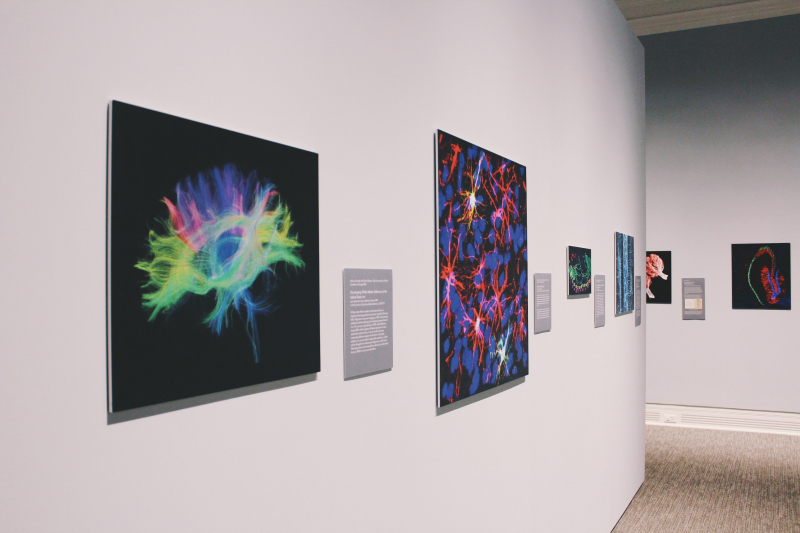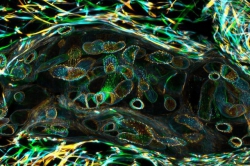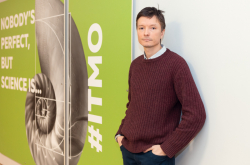Open lab
As part of the TECHNOHISTORY project, a laboratory will be launched at the Tochka Kipeniya (“Boiling Point”) coworking space. It will function both online and on-site, at the Lenpoligraphmash technopark. Researchers in the fields of biotechnology, ecology, robotics, art & science, as well as 3D and VR developers will join their forces at the laboratory under the guidance of curators from the Center of Social and Humanities Knowledge. Everyone is welcome to take part. The participants will create various kinds of content – moodboards, analytical essays, web installations, and art objects. The results will be presented at the international festival Rukami on November 14-15.
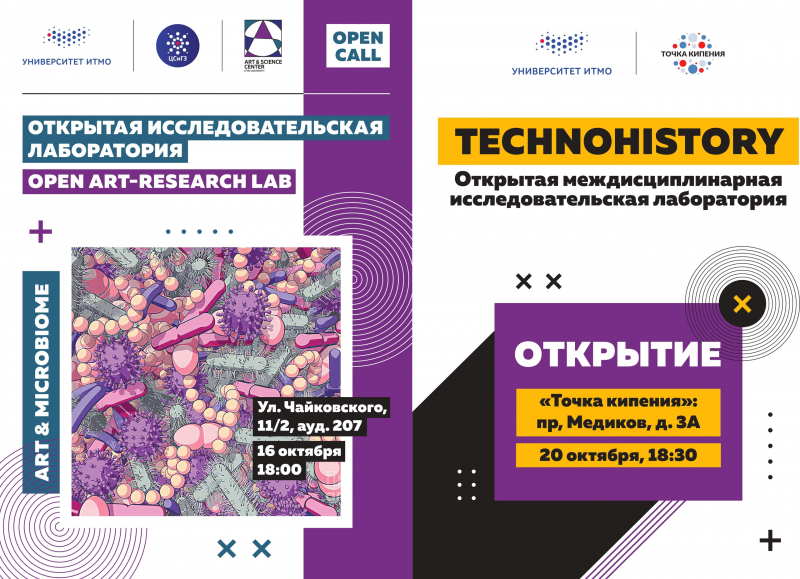
The main goal of the project is to show how humanities and hard sciences intersect in the modern world and how scientific discoveries influence the historical process. The creators also strive to share the latest technological advances of ITMO University, including works by young scientists, and popularize science among young people.
According to Daria Martynova, an assistant at ITMO University’s Faculty of Technological Management and Innovations (FTMI) and manager at the Center of Social and Humanities Knowledge, integration of humanities and hard sciences is one of the things they are engaged in at the center. Intersection of different fields of studies is already a major trend in the Western countries but it hasn’t yet taken complete hold in Russia.
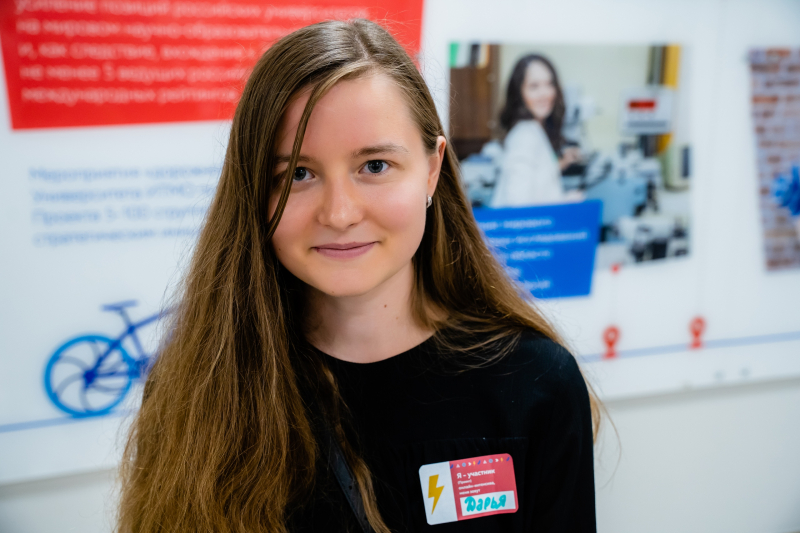
“Modern culture is all about technologies and medicine. At the same time, studying hard sciences through the prism of humanities is quite relevant and popular worldwide. Our center deals with questions related to integration of humanities and hard sciences at a technological university. We are focused on bioethics, technoethics, medical humanities – those are the new fields that rapidly develop in the West but are almost non-existent in Russia.”
Tracks
There are five tracks at the laboratory, each moderated by experts from the corresponding field. One of the biggest tracks, Historical and Cultural Discourse of Microbiome, will be hosted by Daria Martynova from the Faculty of Technological Management and Innovations and the Center of Social and Humanities Knowledge and Laura Rodriguez, a bioartist. The course will contain theoretical lectures and two workshops, during which participants will create their own art installations. This track will be launched on October 16.
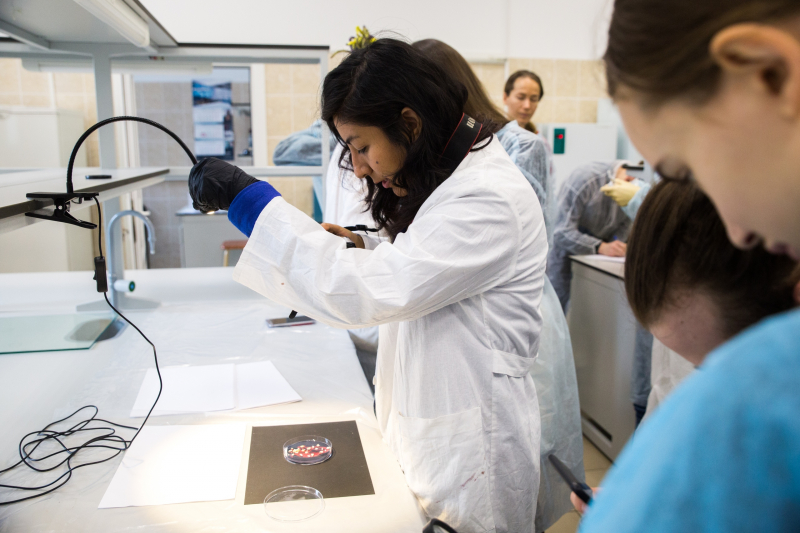
“We will dedicate a special block of lectures to the way cultural myths about bacteria are being created in collective consciousness. For example, the way mass media create the image of “good” and “bad” bacteria. I will also discuss medical humanities, a new discipline that is rapidly developing abroad. As part of this track, leading medical humanities researchers, for example, Corinne Doria from Pantheon-Sorbonne University, will give online lectures. We will also talk about the way bacteria can be used as a tool for creating art installations – Laura will discuss bioart, her experience, and her works. Then, Microbiome Weekend Camp will take place on October 31 and November 1 – that’s when we will create installations for the exhibition,” explains Daria Martynova.
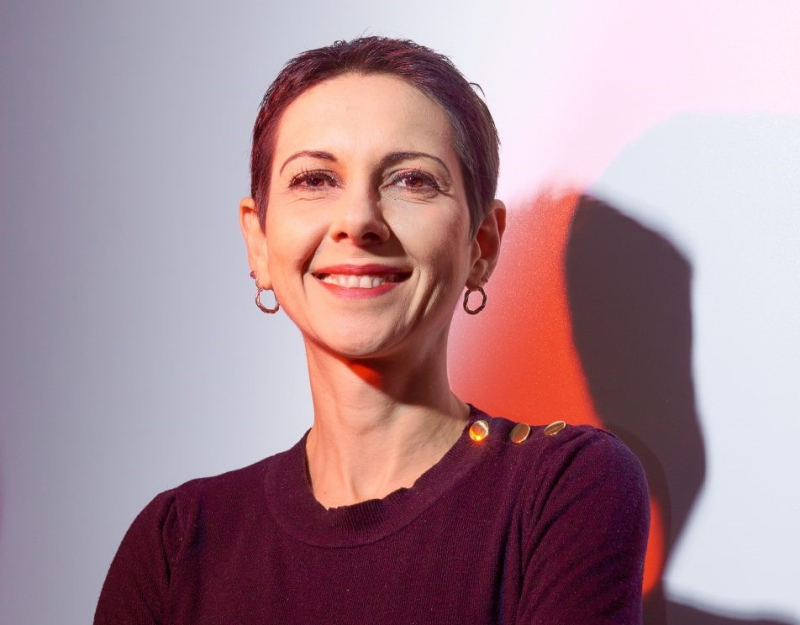
Other four tracks are called Battle for the Atom (hosted by Nikita Prigodich and Nikolai Bogomazov, a lecturer and associate professor at FTMI), Space: Past, Present, and Future (by Dmitrii Vycherov and Andrei Kopanev, assistants at FTMI), Being Human in the Digital World (by Andrey Vasilyev, associate professor at FTMI), and From Technohistory to the Image of Future (by Galina Zhirkova, the head of the Center of Social and Humanities Knowledge and an associate professor at FTMI). They will be launched at Tochka Kipeniya on October 20 and will go on until the final exhibition. The meetings will take place on Tuesdays. At the first meeting on October 27, Artem Smolin and Aleksei Shchekoldin will talk about ITMO University’s FabLab and Center of Usability and Mixed Reality.
As part of the Battle for the Atom track, the participants will study different approaches to the use of atomic energy and national strategies related to both “atoms for peace” and atomic warfare, all in the context of history, ecology, culture, and society.
The Space: Past, Present, and Future track is focused on questions related to space exploration and problems that appear in this process, such as space debris and technological races between different countries.
As part of the Being Human in the Digital World track, the participants will learn more about digital revolution, digital society, digital people, and the way they are reflected in mass culture, as well as historical premises and modern trends of such phenomena. The results of their research (essays and video essays) will be published on the project’s online pages, on a Discord channel, and screened at the final exhibition.
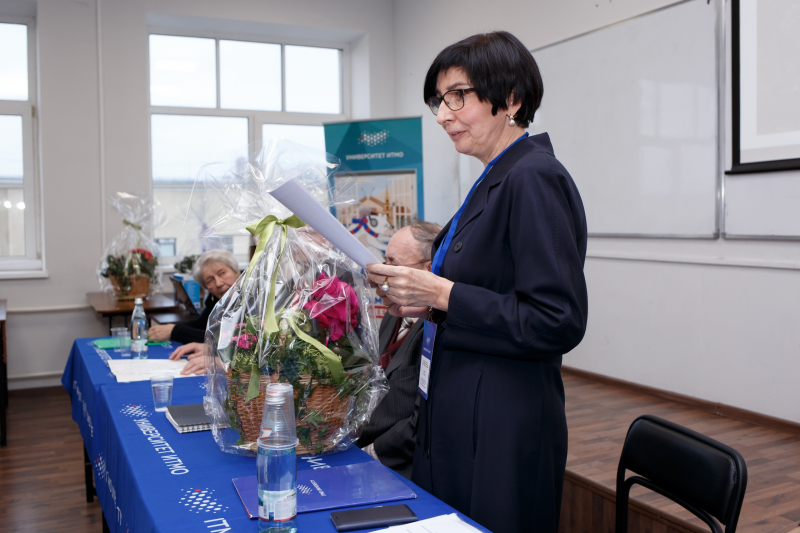
The attendees of the From Technohistory to the Image of Future track will discuss works of art from different time periods that reflected on the future and tried to forecast technological and scientific development. Moreover, the participants will create their own creative compositions and art concepts in the form of installations, collages, and moodboards. The results of this process will also become a part of the final exhibition.
Exhibition
At Rukami, an international tech and creativity festival, TECHNOHISTORY will have its own zone with lots of activities. The exhibition hall will be filled with the works created as part of the project and also with devices created at ITMO University. There will be separate stands for ITMO University’s International Research Centre “Biotechnologies of the Third Millennium”, International Laboratory of Biomechatronics and Energy-Efficient Robotics, and Center of Usability and Mixed Reality, as well as an area for students to present their research. Interactive lectures, quests, challenges, and science slam talks by leading researchers are also included.
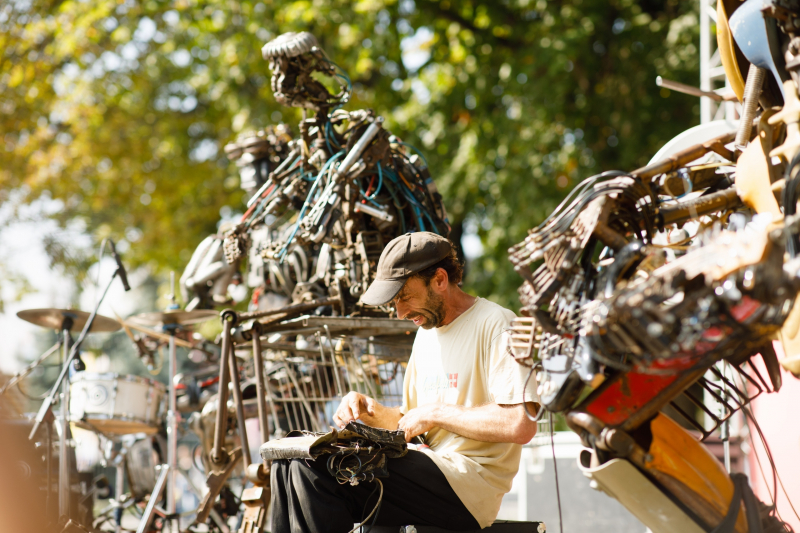
“Several centers and laboratories of ITMO University said that they want to make complex topics they work on more understandable for non-scientists. So, as part of the project, we help them present their research to a wider audience,” says Daria Martynova.
How it started
The TECHNOHISTORY project was created as part of a blended learning online course that took place at ITMO.Distant this summer. Initially, it was supposed to be an educational project focused on interactivity and modern digital learning tools meant for students of the History core module. However, both ITMO University staff and external partners liked the idea so much that it was decided to go beyond the university’s learning process.
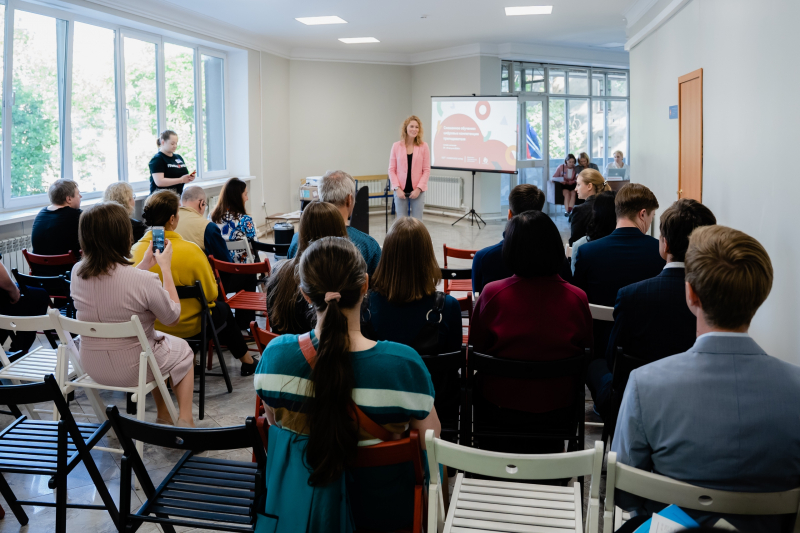
“Initially, we wanted to arrange an international forum on technoethics, the latest research in humanities, and relevant ethical problems in February, but we realized that we need a preliminary project of some kind. That’s when Tochka Kipeniya stepped up and suggested we use their location and online resources. They also invited us to participate in the Rukami festival. We contacted several ITMO University laboratories, including the Art & Science Center, and came up with a program together. As a result, the project became quite a large-scale event and we would like to invite all students and employees of our university to take part in it,” concludes Daria Martynova.
You can sign up for one of the tracks by contacting the Center of Social and Humanities Knowledge via HSC@itmo.ru. Most of the courses will be conducted in Russian with the exception of the Historical and Cultural Discourse of Microbiome track, which will be available mostly in English.
